Andrew Weatherall with Miles Davis. Love with My Bloody Valentine. The Beatles with Lee Scratch Perry. Beach Boys with Tim Buckley. No one had the guts to pair them in 1993. Nor does anyone seem to be in a position to do so now. The Boo Radleys, that group with the name of a protagonist from To Kill a Mockingbird (Harper Lee, 1960), did it thirty years ago. And one of the best things that can be said about that miracle, which was called Giant Steps (Creation, 1993), is that it sounds just as adventurous, free and indefinable as it did then. An unidentified sonic object from outer space. Try listening to it at full volume. I did it last week and I still find it quite an experience. Like flying without getting off the couch. It’s your mind that does it.
In these months we will be overwhelmed by the vindication of great records that are thirty years old. It is logical. The harvest was optimal. Björk‘s Debut. PJ Harvey‘s Rid of Me. Pet Shop Boys’ Very. Nirvana’s In Utero. Siamese Dream by Smashing Pumpkins. Even works that, because they weren’t their authors’ greatest hits or because they weren’t exactly popular, have been left somewhat behind in the retromaniac spiral, like Blur’s Modern Life Is Rubbish, Sugar’s Beaster, The Auteurs’ New Wave, Suede’s Suede, U2’s Zooropa, Fugazi’s In On The Kill Taker or Red House Painters’ homonym that showed an abandoned roller coaster on the cover. But something tells me, I’m not sure why, that not so many people will remember the Boo Radleys’ masterpiece. It’s as if its trail had vanished, even though it was #1 for Select and #2 for New Musical Express or Rockdelux during that year.
A sensory sprawl to which not even Alan McGee, who edited it, dedicated hardly any space in his book of memoirs, despite it being the best-selling album on his label, Creation, throughout 1993: surely the glory year of 1991 (with emblematic releases by Primal Scream, My Bloody Valentine and Teenage Fanclub) weighed heavily, and then the Oasis bombshell of 1994 weighed heavily. The Boo Radleys were left in the middle. Sandwiched. Misplaced. Ahead of the future and then denying themselves. Too complex for brit pop, too devoid of more hits like “Wake Up Boo!” (which wasn’t even on this album) to nestle in the popular imagination.
They generated the precocious melancholy of those who seem to have been born to write footnotes and not paragraphs of substance in the history of pop, the eternally vindicated from the margins: I remember few more bittersweet images than their performance on the main stage of the Reading Festival in 1995 surrounded by coloured balloons, like stony guests at a drunken party of national pride that was not exactly theirs.
They will not fill Wembley. These days they limit themselves to recovering this album (now without Martin Carr, its main composer) in venues for 300 or 400 people. A few days ago they did it in one in Reading, a few meters away from where 28 years ago they swirled tens of thousands of people, I’d say a crowd of mostly a flood of people, who were passing by and hardly knew anything beyond their hit single. Nor did they exude the same charisma as talent. Nor was their singer their songwriter, though that alleged dysfunctionality was never a handicap for Oasis. The conjectures about their fleeting commercial prosperity may be manifold.
Liverpudlian pop, free jazz, psychedelia, shoegaze, pastoral folk and dub fused into sixty-four minutes of authentic reverie. A sensory orgy. An inexhaustible kaleidoscope. Celestial melodies wrapped in white noise. Sonorous trepanations lightened by a halo of sweetness. Anyone who levitates with the peaks of Yo La Tengo, Sonic Youth, Low, or Spiritualized will know how much one enjoys an incandescent melody, of blinding brightness, when it emerges from the depths, making its way through rocky cavities and abrupt intermittencies.
Martin Carr and company had it very clear. They took a long gamble right from the title, a nod to John Coltrane. They took a risk and won, even if they didn’t exactly become millionaires. The recording studio was a testing ground, and Martin Carr was a kind of Brian Wilson of the post-My Bloody Valentine era. It is striking to remember that he was only 23 years old, as the lyrics of “I’ve Lost The Reason” read. This was the White Album of the nineties.
Giant Steps was released on 31 August 1993, and will see a 30th anniversary reissue on 30 September. For the time being, The Boo Radleys (who continue to release enjoyable but inconsequential albums, now without Martin Carr) are performing it in its entirety for the first time on stage.
Videos are swarming on YouTube, recorded with a mobile phone. It tingles with curiosity to know if they are playing it with the greatness that radiates from their grooves or if they look more like a cover band of themselves, that evil of our times. If they will be more like The Boo Radleys of that time than a faded copy. I doubt we’ll be able to check it out in Spain: this is a shotgun business, with glorious exceptions. When in doubt, the best thing to do is to plug in the disc. And blast it, and don’t hold back on the volume.

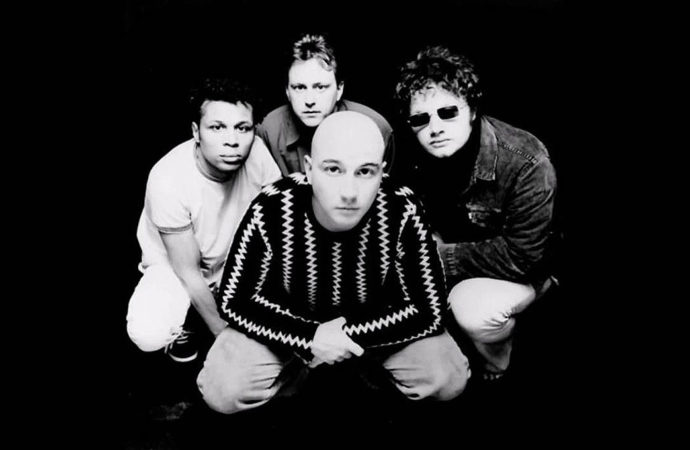
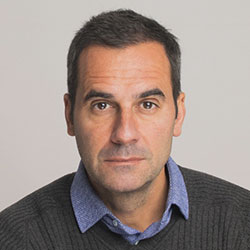
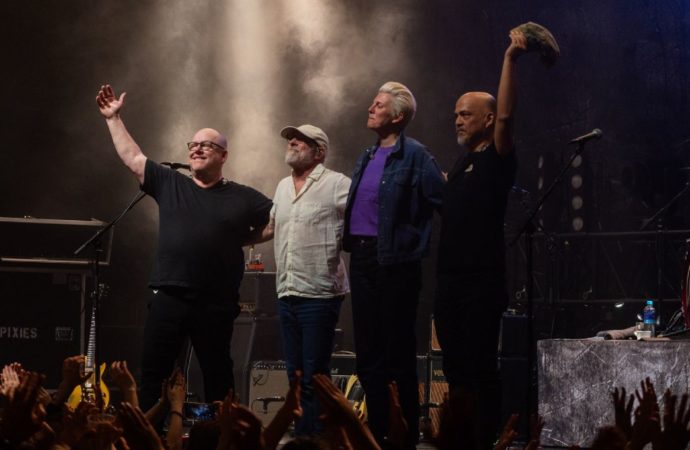


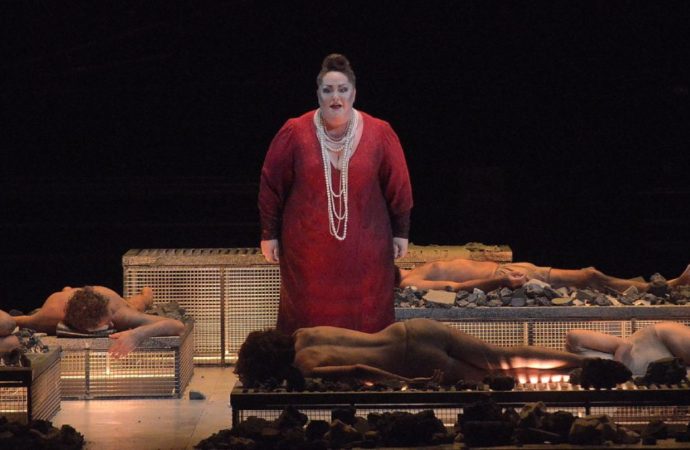
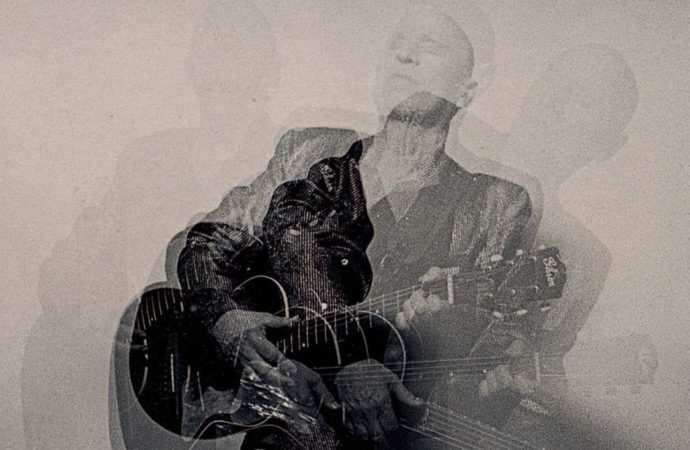

No one has posted any comments yet. Be the first person!